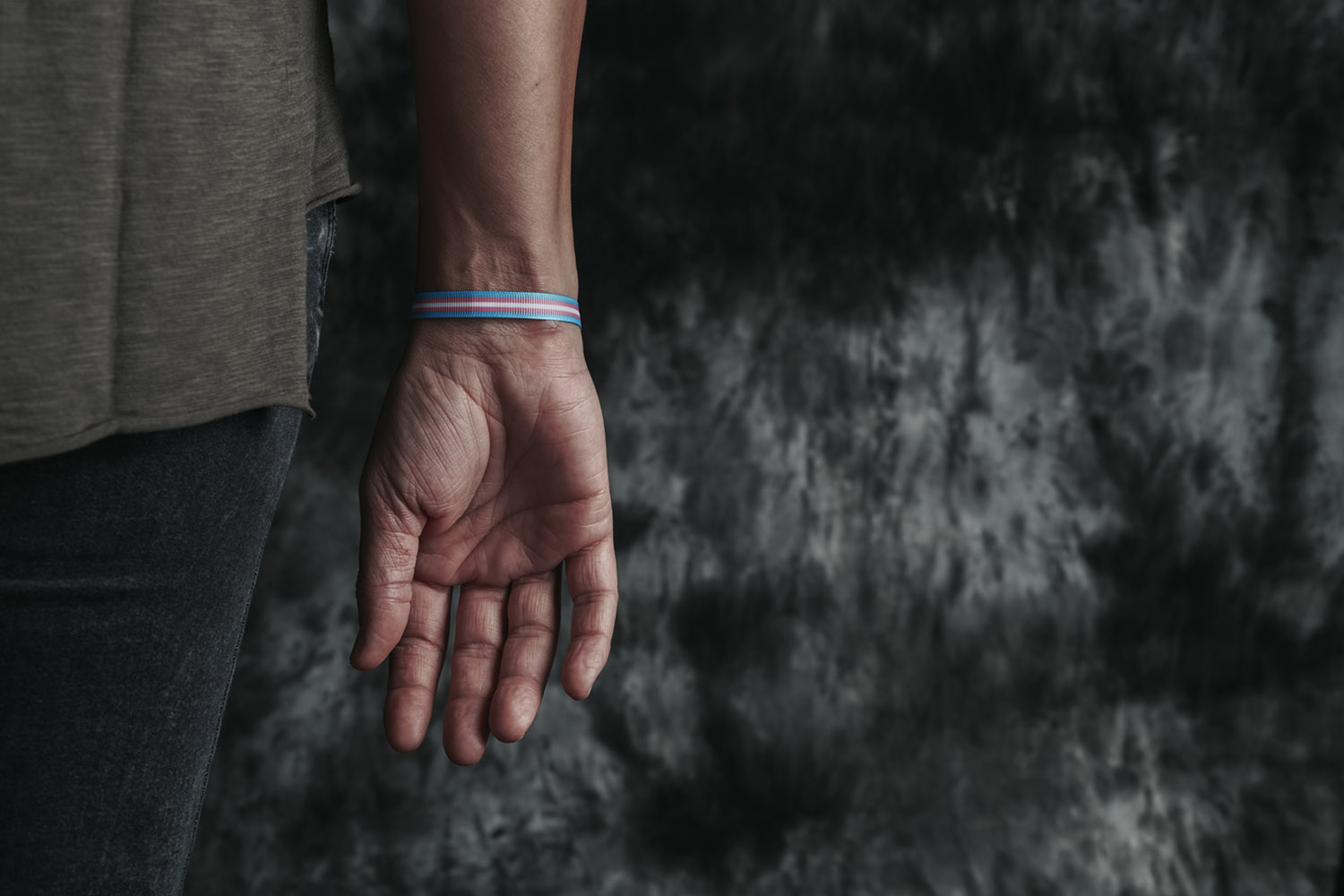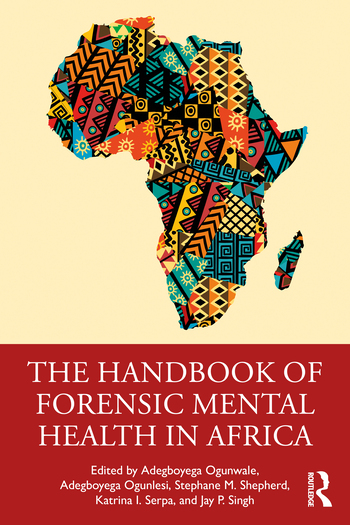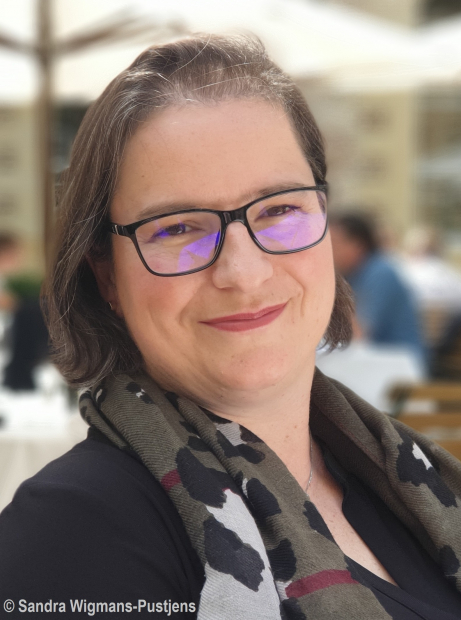News
-
Transgender people still run a very high risk of HIV infection. On average, one in five trans women worldwide tests HIV positive, and trans men also have an increased risk of HIV. These are the findings of an extensive analysis by Maastricht University (UM).
-
Obtaining your PhD Cum Laude is not something that happens very often. FPN’s Lilian Kloft has managed to do it, while expecting twins. Last month, Lilian defended her PhD thesis at the Minderbroedersberg and was granted the Cum Laude distinction.
We talked to Lilian over Zoom, she’s at home on...
-
Katrina Serpa moved from Coral Springs, Florida, US, to Maastricht to combine her interests in criminology and psychology and study the Master in Forensic Psychology. She graduated in 2015 after completing the programme, including a 2nd year internship at the University of Florida in Gainesville.
-
Devi van der Kolk is, next to a student at Maastricht University, a mental coach at the Roda JC (a Football team from Kerkrade) youth academy. We talk about how a first-year student has found such a unique job next to her studies.
-
Recently, Bettina Sorger received an NWO VIDI grant for her proposal entitled ‘Out of the brain, into control’ – Towards brain-based means of social and environmental interaction for children with severe cerebral palsy.
-
Honest talks with UM sexologist Marieke Dewitte and student guests.
Today we’re talking about new technologies, social media and toys, and how they affect our sex lives. Bea and Berkant join Marieke once again to look at this topic from a student’s, as well as an academic, perspective.
-
Honest talks with UM sexologist Marieke Dewitte and student guests.
Today we’re talking about new technologies, social media and toys, and how they affect our sex lives. Bea and Berkant join Marieke once again to look at this topic from a student’s, as well as an academic, perspective.
-
Prof. Chantal (Sjaan) Nederkoorn of the Faculty of Psychology and Neuroscience (FPN) obtained the coveted NWO Vici grant. The upcoming 5 years, she will use this grant to research why kids (between 3-5 years old) sometimes refuse food. Children even refuse food that they have never tried before...








